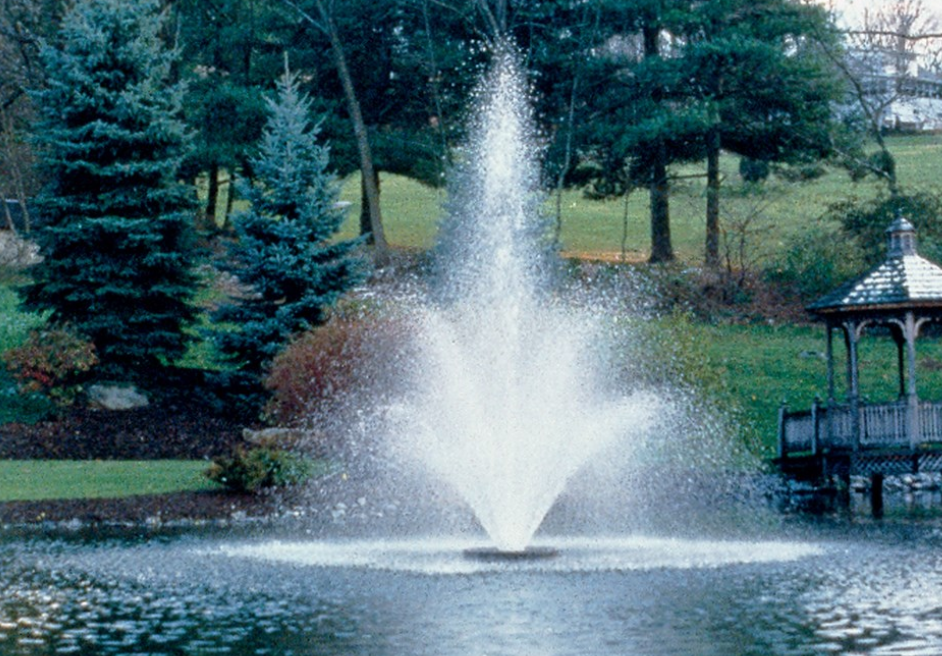
2023-03-30T10:40:57
Aeration is all about oxygen, an elemental gas that is essential to sustaining nearly all forms of life and myriad natural processes, including the decomposition of organic matter. Fish and other waterborne animals need adequate levels of oxygen to survive. DO promotes the oxidation of organic nutrients and displaces the water's concentration of other gases, promoting the overall health of the aquatic environment. This concept of dissolving a gas in a liquid is pretty simple in scientific terms, but it's easier to grasp when illustrated by an analogy like this one: A hot can of soda will "pop" more when opened than will a cold one. This is because warmer fluids lose their ability to retain dissolved gases. When you apply this concept to a pond, lake or stream, you can understand why the need for aeration increases significantly in summer, when water temperatures rise. When you add living organisms to the picture, things get even more complicated. All ponds have algae, for example, that will add oxygen during the day and subtract it at night. In other words, you're working with a living system that changes hour to hour, so you have to avoid the trap of thinking of your lake or pond or stream in static terms. (The respiratory efforts of algae, by the way, explain why it's a bad idea to shut aerators off overnight-just when the water needs oxygen most!) Many customers, want to see something dramatic in return for paying their utility bills, which is why floating-fountain aerators are becoming increasingly popular -a practical and aesthetic solution. Floating units disperse water through the air, increasing droplet surface area and, consequently, dissolved oxygen content. Another benefit is increased circulation that distributes the DO where it will do some good. In fact, this circulation offers added value by breaking up layers of thermal stratification and reducing fish kills that can result from thermal inversions that hit ponds seasonally. Increased DO also will help aquatic microorganisms and the aerobic bacteria that decompose sludge. Floating fountain units available with attachment for pump and lights.

Have a question? Ask here!
Required fields are marked *